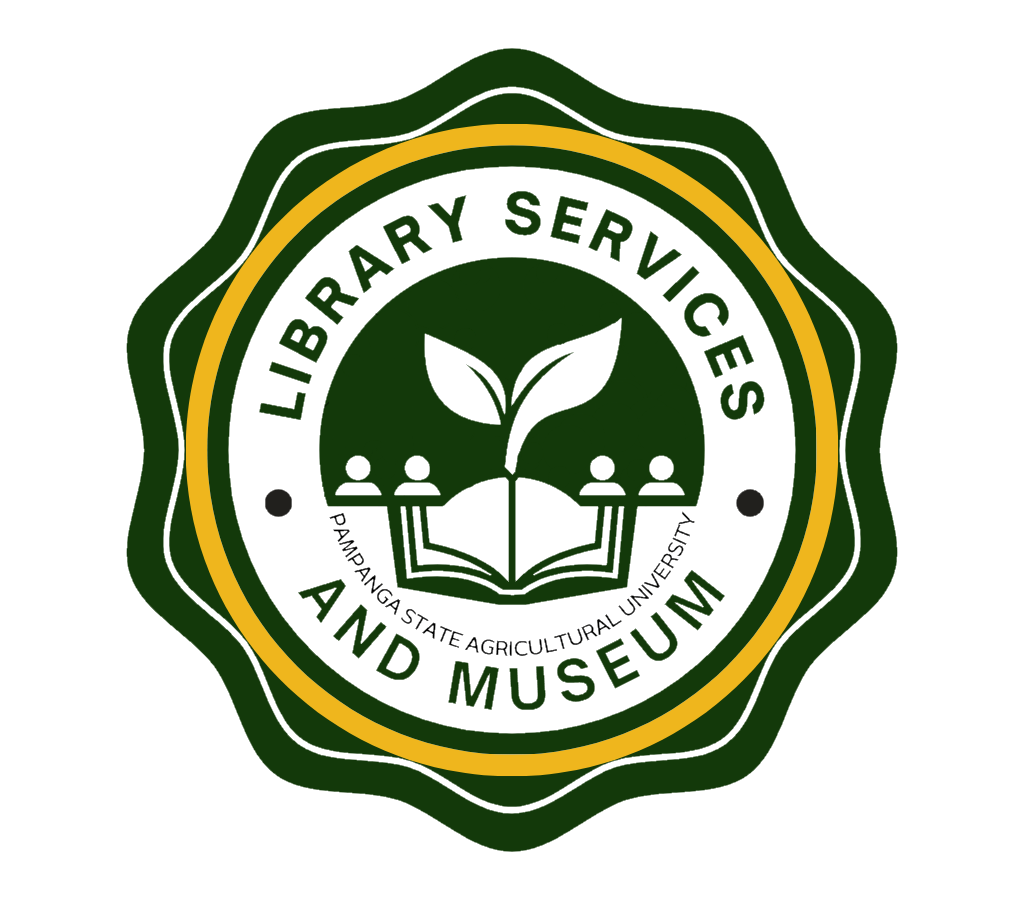Introduction to food process engineering / Albert Ibarz, Gustavo V. Barbosa-Canovas.
Material type: TextSeries: Food preservation technology seriesPublication details: Boca Raton : CRC Press, Taylor & Francis, 2014.Description: xxiii, 697 pages : illustrations ; 27 cmISBN:
TextSeries: Food preservation technology seriesPublication details: Boca Raton : CRC Press, Taylor & Francis, 2014.Description: xxiii, 697 pages : illustrations ; 27 cmISBN: - 9781439809181 (hardback : acid-free paper)
- 338.4/7664 23
- TP370 .I229 2014
- SCI013060 | TEC012000
| Item type | Current library | Call number | Copy number | Status | Barcode | |
|---|---|---|---|---|---|---|
| Books | PSAU OLM Circulation/Reserved | R 338.47664 Ib12 2014 (Browse shelf(Opens below)) | 6H | Available | PSAU38688 |
Browsing PSAU OLM shelves, Shelving location: Circulation/Reserved Close shelf browser (Hides shelf browser)

|

|

|

|

|

|

|
||
| R 338.4 L82 2019 Handbook of environmental and nature based tourism / | R 338.4 R16 2019 Global tourism geography / | R 338.47 R16 2019 Economic impact of travel and tourism / | R 338.47664 Ib12 2014 Introduction to food process engineering / | R 338.47664 Im3 2015 Improving food quality with novel food processing technologies / | R 338.4791 B63 2019 Creative tourism / | R 338.4791 C55 2018 Event management in tourism / |
Includes bibliographical references and index.
Includes bibliographical references (p. 671-685) and index.
"1. Introduction to Unit Operations Fundamental Concepts 1.1 Process The word process refers to the set of activities or industrial operations that modify the properties of raw materials, with the purpose of obtaining products to satisfy the needs of society. Such modifications of natural raw materials are designed to obtain products with greater acceptance in the market or with better possibilities for storage and transport. The primary needs of human beings, whether for the individual or society as a whole, did not change much through history; the three basics of food, clothing, and housing were needed by prehistoric humans as well as by modern ones for survival. The fulfillment of these necessities is carried out by employing, transforming, and consuming the resources available in our natural surroundings. In the early stages of humankind's social development, natural products were used directly or with only small physical modifications. This simple productive scheme changed as society developed, in a way such that at the present time raw materials are often not directly used to satisfy necessities, but rather they are subjected to physical and chemical transformations that convert them into products with different properties. In this way, the raw materials not only directly fulfill the necessities of consumers but also constitute the basis for the products derived from the manipulation of such raw materials. 1.2 Food Process Engineering By analogy with other engineering branches, different definitions of food process engineering can be given"-- Provided by publisher.
There are no comments on this title.

